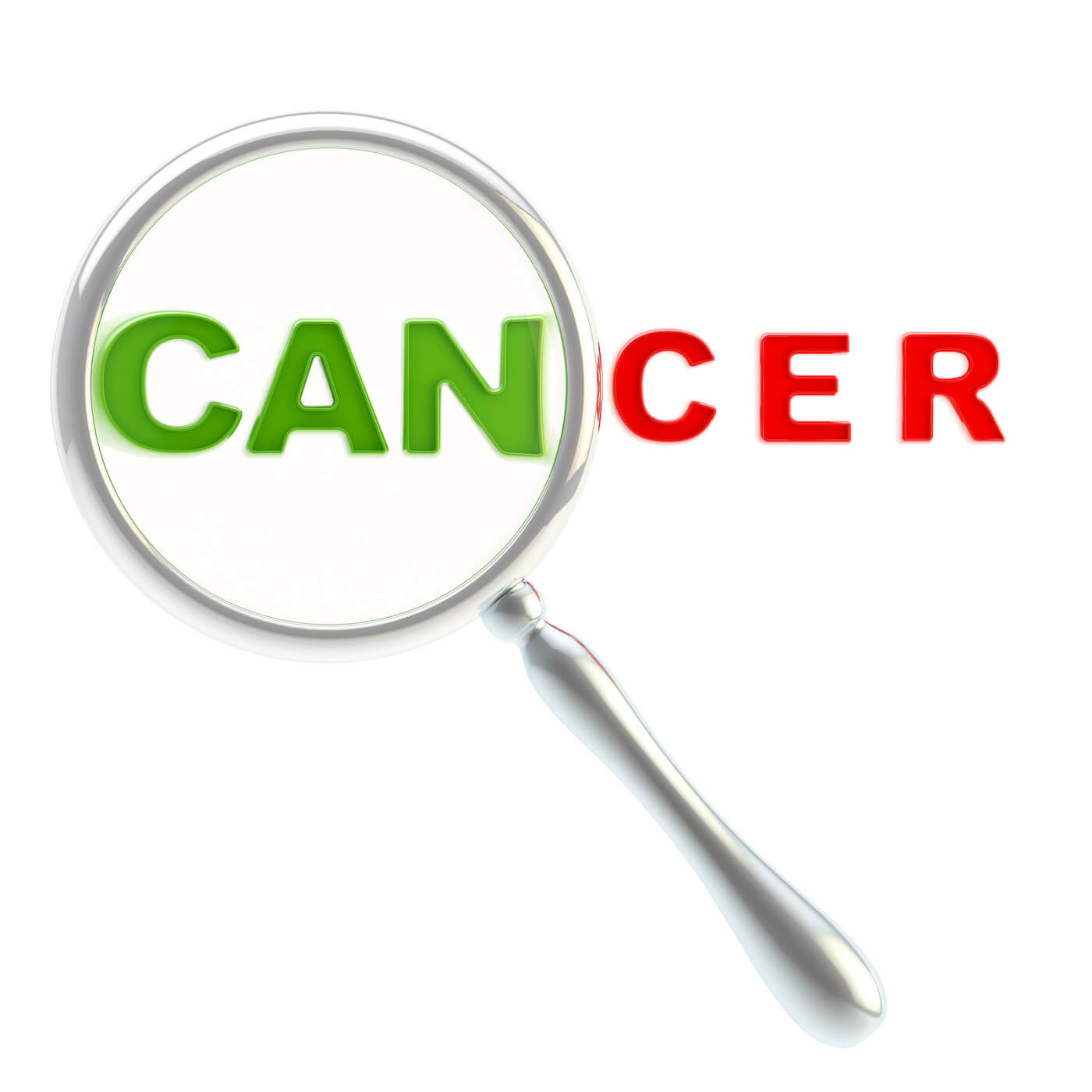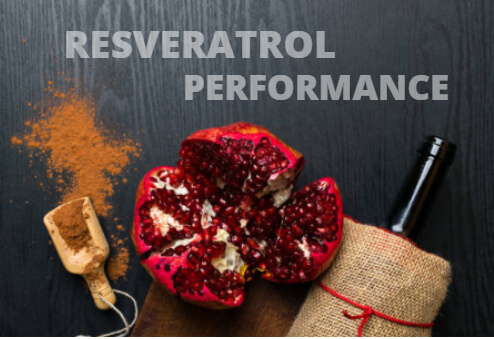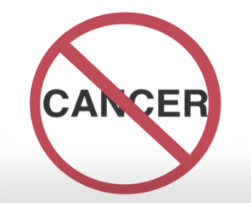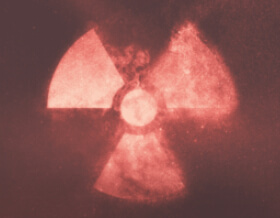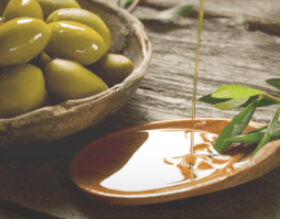Resveratrol and Aspirin Help With Cancer?
Resveratrol Study: Cellular replication is truly a complex business. Many things can go wrong, but mistakes affecting DNA replication are by far the most costly. Such errors in DNA replication can lead to various cellular outcomes, including accelerated aging diseases (Progeria) or Cancer. [1]
One well-studied type of DNA mistake that occurs within cells entails making extra sets of DNA copies, referred to as polyploidy. Most cells cannot tolerate these types of cell mutations, and when they do occur, almost all cells will die by an active cellular process or will be targeted for elimination by the immune system.
Unfortunately, some cells do survive, and this initial DNA mutation causes a chain reaction of mutations that culminates with the cells becoming Cancerous. The desired objective among researchers has then been to find ways to eliminate cells that have become polyploid cells and prevent the initiation of Cancer.
Is there a study on Resveratrol and Aspirin dealing with Cancer?
In a recent publication, a group of researchers began to screen compounds that do just that; make polyploid cells more susceptible to dying (Proceedings of the National Academy of Sciences (2014): 201318440). The researchers began the screen based on some earlier observations. Polyploid cells are more resistant to some anti-Carcinogenic agents yet are more sensitive to other agents, specifically agents that activate a specific type of protein called AMP-activated protein kinase (AMPK). [2]
What Cancer did Resveratrol and Aspirin deal with?
Using this knowledge, the authors began to screen for compounds that activated this protein and then tested if they were able to kill Cancer cell lines. The screen identified resveratrol and aspirin as compounds that could selectively kill both human colon Cancer cell lines and mouse epithelial Cancer cell lines. In addition, the authors also tested these compounds in a mouse colon Cancer model, and again both compounds led to the selective killing of Cancer cells.
What mechanism did Resveratrol and Aspirin use to kill Cancer cells?
Furthermore, to measure the efficacy of these compounds, the authors also proved that the mechanism in place for killing the Cancer cells required the specific activation of AMPK. This was a crucial discovery in terms of determining the mechanism, given that resveratrol has multiple targets within cells. Other resveratrol targets might contribute to these results. Aspirin also has multiple targets, and AMPK has been documented as a target prior to this study, but never has aspirin been studied as a colon Cancer chemo-preventive action while simultaneously compared to resveratrol. [3]
If both Resveratrol and Aspirin seem to work in a lab, which would be safer?
Although both resveratrol and aspirin stimulated AMPK to nearly equal levels, the authors do point out that long-term use of aspirin can lead to gastrointestinal hemorrhage. Which is something that you do not have to worry about when taking resveratrol.
As a supplement company, by FDA law, we are not allowed to claim that our products will help diagnose, cure, treat or prevent any disease. This story has not been evaluated by the Food and Drug Administration.
Having said that, we currently offer the purist resveratrol at a deep discount. Purchase our X500 pure 500 mg resveratrol here (Find the X500 here to try out).
References:
- https://www.pnas.org/doi/abs/10.1073/pnas.1318440111
- https://www.mdpi.com/1420-3049/25/17/3849
- https://www.frontiersin.org/articles/10.3389/fphar.2018.01534/full


